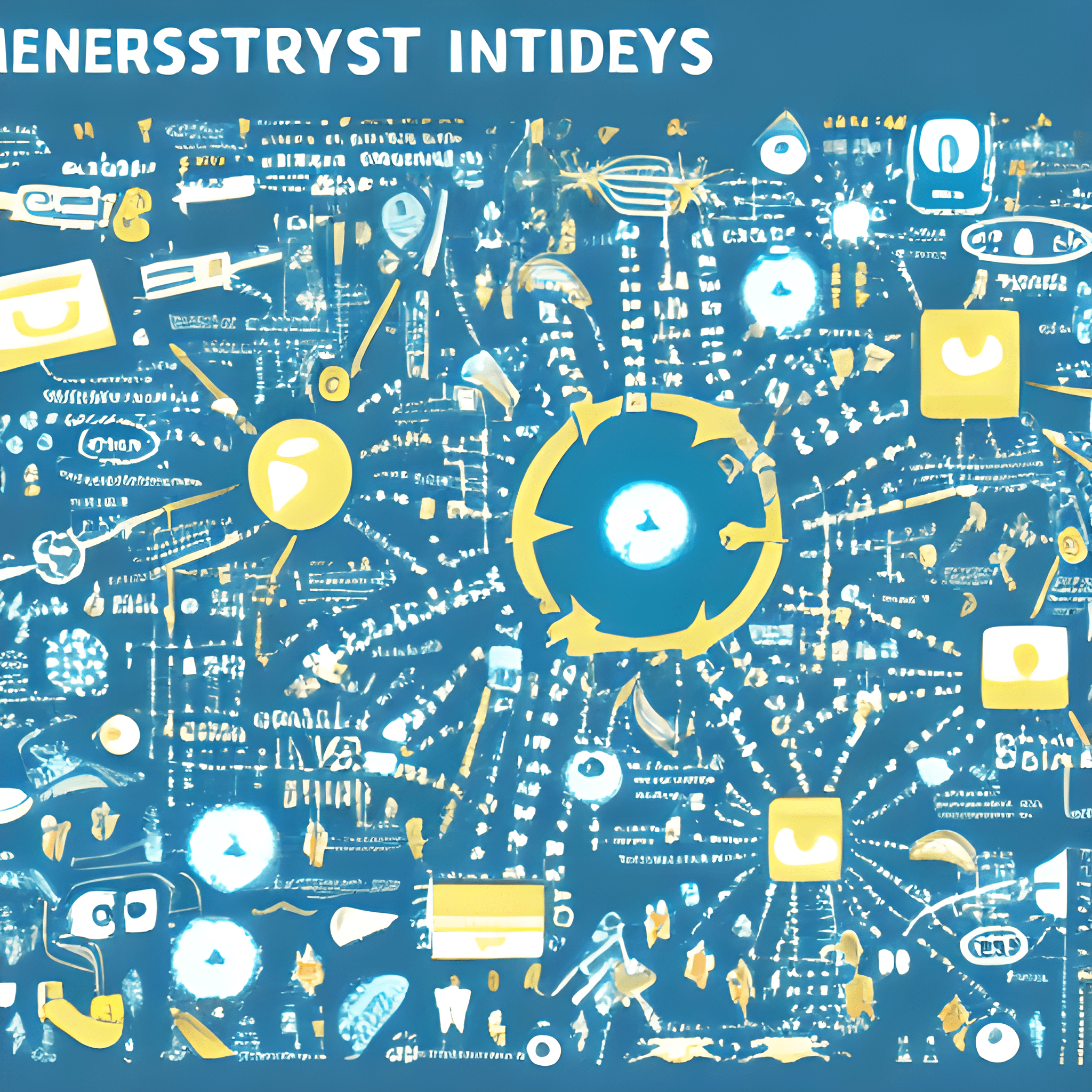Hi Community!
Sometimes I meet a method which accepts 10+ parameters.
And often I need only the 8th parameter to pass. And I call the method something like:
do ##class(Some.Feature).Method(,,,,,,,"flag")And I don't like this method when I call it like this cause, you know, often I just miss the number of commas and raise some other flag I wanted.
How do you avoid this situations?
If you meet such a code, how do you call it and sure that you didn't miss the number of ","?
What is a good number of parameters in a method and f you need to pass more parameters in a method what do you do?




.png)